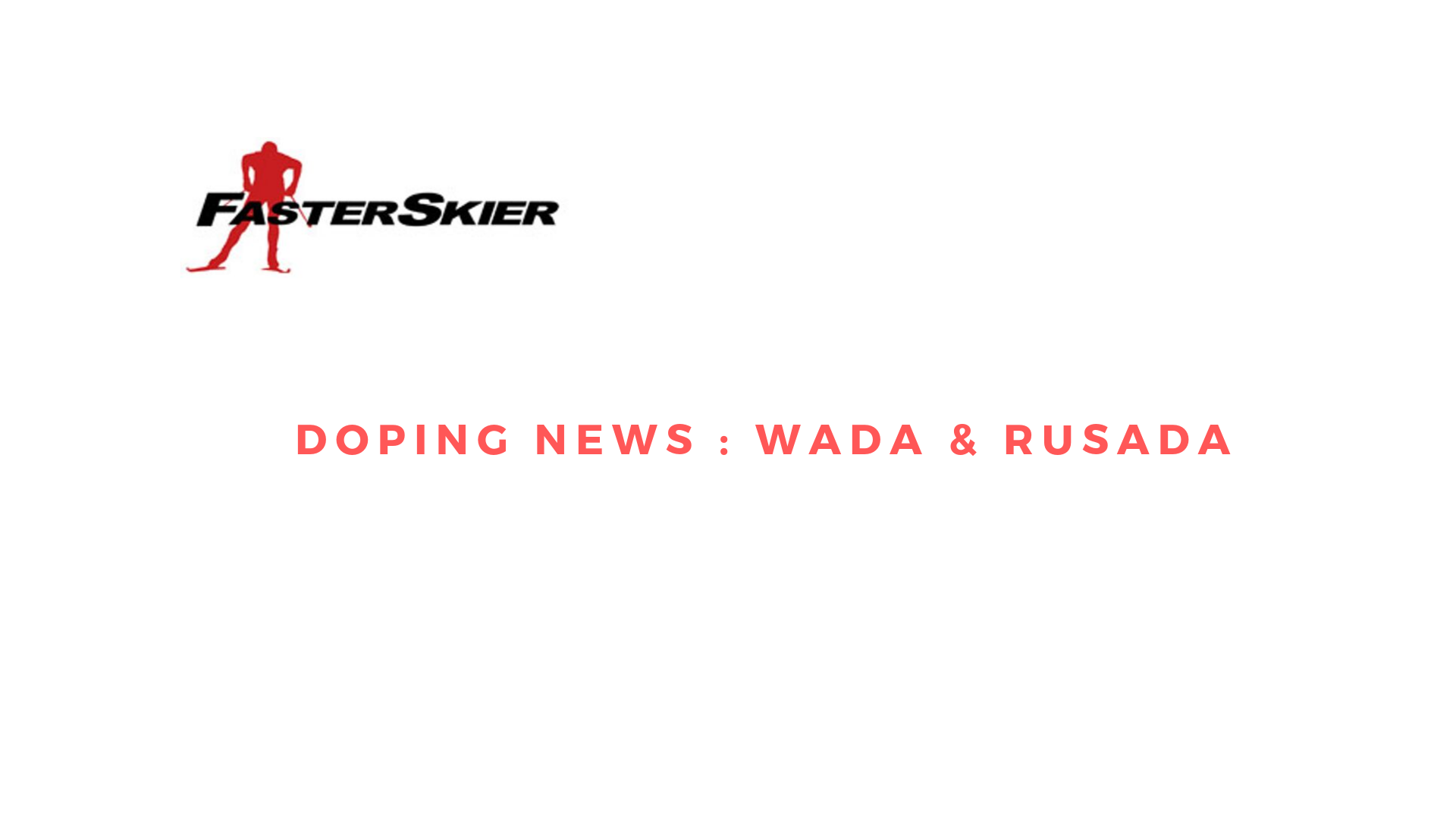 Widely reported on Monday was the unanimous vote by WADA’s Executive Committee (ExCo) to ban Russia from specific sport events for the next four years.
Widely reported on Monday was the unanimous vote by WADA’s Executive Committee (ExCo) to ban Russia from specific sport events for the next four years.
Russia never tip-toed around its desire to dope on an industrial scale. That much has been documented in an Academy Award winning documentary and the more academic reports cataloging Russian doping misdeeds.
Many have claimed Russia suffered a mere hand slap from WADA and the International Olympic Committee (IOC) for its transgressions. When RUSADA was reinstated as compliant in September 2018, the world of clean sport made a collective eye roll. At that point, RUSADA and the Russian sport authorities had yet to comply with the conditions set forth by WADA for reinstatement.
The primary unmet condition was the handing over of the Moscow anti-doping lab’s raw data. WADA eventually received the lab’s data in April 2019.
In a report leaked several weeks ago, and then subsequently made public by WADA, it was determined the data had been manipulated. Additionally, it was determined that internal communications had been fabricated to help push blame onto actors like Grigory Rodchenkov, the former lab head who became a whistle blower. The communications were to make it appear that a few rogue individuals were at the core of the doping program.
This brings us back to today’s vote which made effective a four-year ban — what WADA calls a “period of non-compliance for the Russian Anti-Doping Agency.”
Many consequences were laid out in Monday’s press release. In some ways, Russia’s skin will be taken out of the international sporting game. The most publicized penalty remains a ban on Russian Government officials, representatives, and athletes from major international sport events including the 2020 and 2022 Olympics and Paralympics and World Championship events.
Like in 2018 when the Russian Federation was banned from the Winter Olympics, Russian athletes cleared of any wrongdoing, however, will be allowed to compete at these “Major Events” during the four year sanction. Athletes will do so under a yet undetermined neutral flag. During the PyeyongChang Olympics, Russian athletes were allowed to compete under the IOC umbrella as an “Olympic Athlete from Russia” or OAR.
It also appears Russian athletes will be allowed to compete under the Russian flag in such events like the European Football Championships – Euro 2020 – as this is not considered a major event.
Not all believe justice has been served.
“Today the World Anti-Doping Agency (WADA) has robbed athletes worldwide of their right to clean sport due to their inability to enforce the strongest possible sanctions on Russia,” claimed the Global Athlete, an athlete centered advocacy group dedicated to clean sport. “Strong sanctions which would include a complete ban of Russia and Russian athletes at all international competitions including the Olympic and Paralympic Games.”
As a counter, Johnathan Taylor, the chair of WADA’s Compliance Review Committee that recommended the penalties, said innocent Russian athletes and athletes at large are protected.
“Today, the ExCo has delivered a strong and unequivocal decision. While being tough on the authorities, this recommendation avoids punishing the innocent and instead stands up for the rights of clean athletes everywhere. If an athlete from Russia can prove that they were not involved in the institutionalized doping program, that their data were not part of the manipulation, that they were subject to adequate testing prior to the event in question, and that they fulfil any other strict conditions to be determined, they will be allowed to compete.” A casa de apostas bet365 é legal em Brazil?</p>
Taylor is quoted as saying WADA possesses the names of 145 athletes who are the “most suspicious” despite the manipulated, and in some cases deleted, data set.
Russia has 21 days to appeal the decision to the Court for Arbitration of Sport (CAS).
Jason Albert
Jason lives in Bend, Ore., and can often be seen chasing his two boys around town. He’s a self-proclaimed audio geek. That all started back in the early 1990s when he convinced a naive public radio editor he should report a story from Alaska’s, Ruth Gorge. Now, Jason’s common companion is his field-recording gear.



